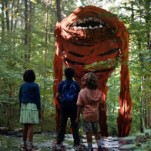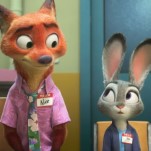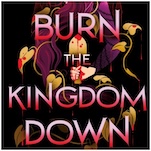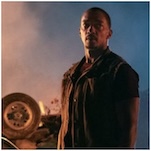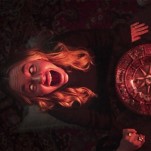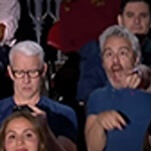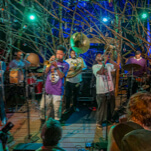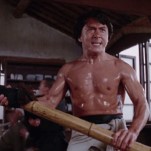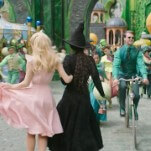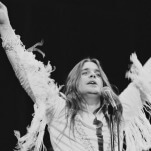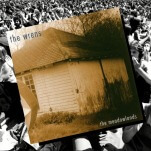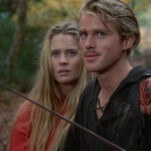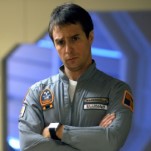Mohawk
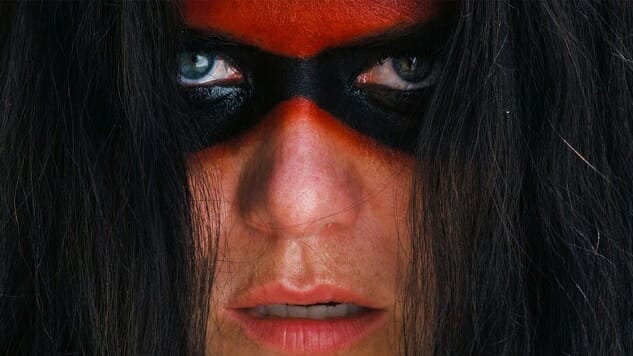
In art, self-repetition can be a rewarding experience for both the artist and their audience. Take Mohawk, the latest film care of genre enthusiast Ted Geoghegan, last heard from in 2015 when he released We Are Still Here on the world and left it saturated with arterial spray. Side by side, the two films don’t seem to earn much of a comparison: They’re completely furnished by the aesthetics of different genres, the latter a gory haunted house flick in the vein of Lucio Fulci, the former a gory Western slow burn that feels like the grittier grandchild of John Ford’s filmography and a cousin to the works of John McTiernan and Kristian Levring.
They’re also movies about interloping white people shoving their noses where their noses don’t belong before being slaughtered by avenging entities of varying origins. From out of rural New England to the forests of New York during the War of 1812, Geoghegan’s focus is still on revenge.
Mohawk orbits a trio of polyamorous lovers—Joshua (Eamon Farren), a Brit treating with the state’s Mohawk tribe, Calvin Two Rivers (Justin Rain), a Mohawk warrior, and Oak (Kaniehtiio Horn), daughter of one of the tribe’s leaders, Wentahawi (Sheri Foster)—as they evade a group of American trackers out for their blood. See, Calvin has a surplus of pride and an excess of common sense. Where everyone else prefers avoiding open conflict with their American neighbors, Calvin prefers literally burning everything down, so he sets an American encampment on fire in the middle of the night, leaving no survivors—or so he thinks. The trackers, led by the grizzled and imminently menacing Hezekiah Holt (Ezra Buzzington), want their vengeance, in keeping with Mohawk’s overarching theme: It’s a story of the cycle of getting even, with one wronged party seeking to harm those who wronged them in a Mobius strip of violent death. The film is more interested, however, in confronting the inevitable conclusion of that cycle than presenting it with a shrug. The old proverb is right. An eye for an eye does leave the world blind, or in this case devoid of life.
-

-

-

-

-

-

-

-

-

-

-

-

-

-

-

-

-

-

-

-

-

-

-

-

-

-

-

-

-

-

-

-

-

-

-

-

-

-

-

-

